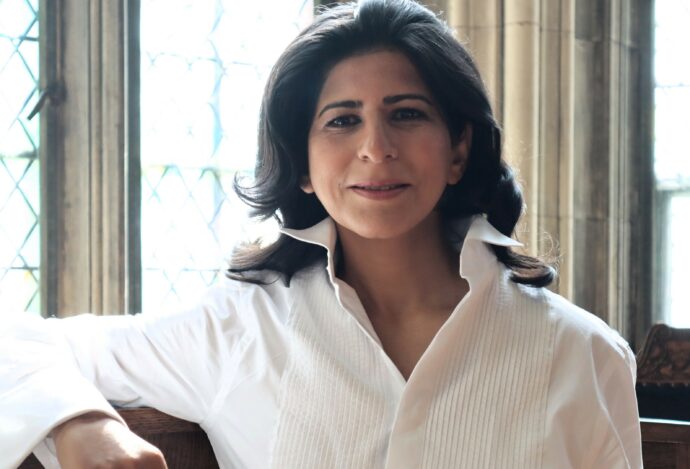World Bank has appointed Mahnaz Malik, a British woman of Pakistani origin, as a member of the Sanctions Board of the International Finance Corporation (IFC).
According to the news agency, the World Bank Sanctions Board consisting of seven external judges is an independent administrative tribunal that acts as the final decision-maker in all controversial cases of mismanagement in World Bank-financed development projects.
Who is Mahnaz Malik?
Mehnaz Malik is a native of Lahore, Pakistan. She received her primary education in Pakistan, then she went to Cambridge University to study law on a scholarship and at the age of 24, she was awarded the Law Society National Training Lawyers of the Year in Great Britain. After receiving the award, he formally started his career.
Mahnaz Malik was the first Asian woman to receive this award.
At a young age, he also wrote a book for which he received an award and an essay written in this book was broadcast on BBC World in 1999 while participating in a competition organized for SAARC countries. The story was also awarded a gold medal.
According to the World Bank, Mehnaz Malik is a barrister and arbitrator in the US state of Essex, specializing in representing governments and corporations in investment and commercial disputes.
Mahnaz Malik is also a Fellow and Trustee of Hughes Hall College at the University of Cambridge. She has over 23 years of experience advising governments, corporations and international organizations on complex cross-border disputes.
She has acted as counsel on behalf of investors, organizations and states in numerous investment and trade disputes, including before the Court of Arbitration (CAS), the UN Commission on International Trade Law (UNCITRAL). ), International Cricket Council (ICC), International Center for Settlement of Investment Disputes (ICSID), London Court of International Arbitration (LCIA) and PCA Administered Arbitration.
She has particular expertise in dispute resolution related to natural resources, sports competitions, joint venture partners, shareholders, international organizations, institutional creditors, foreign investment laws and state institutions.


